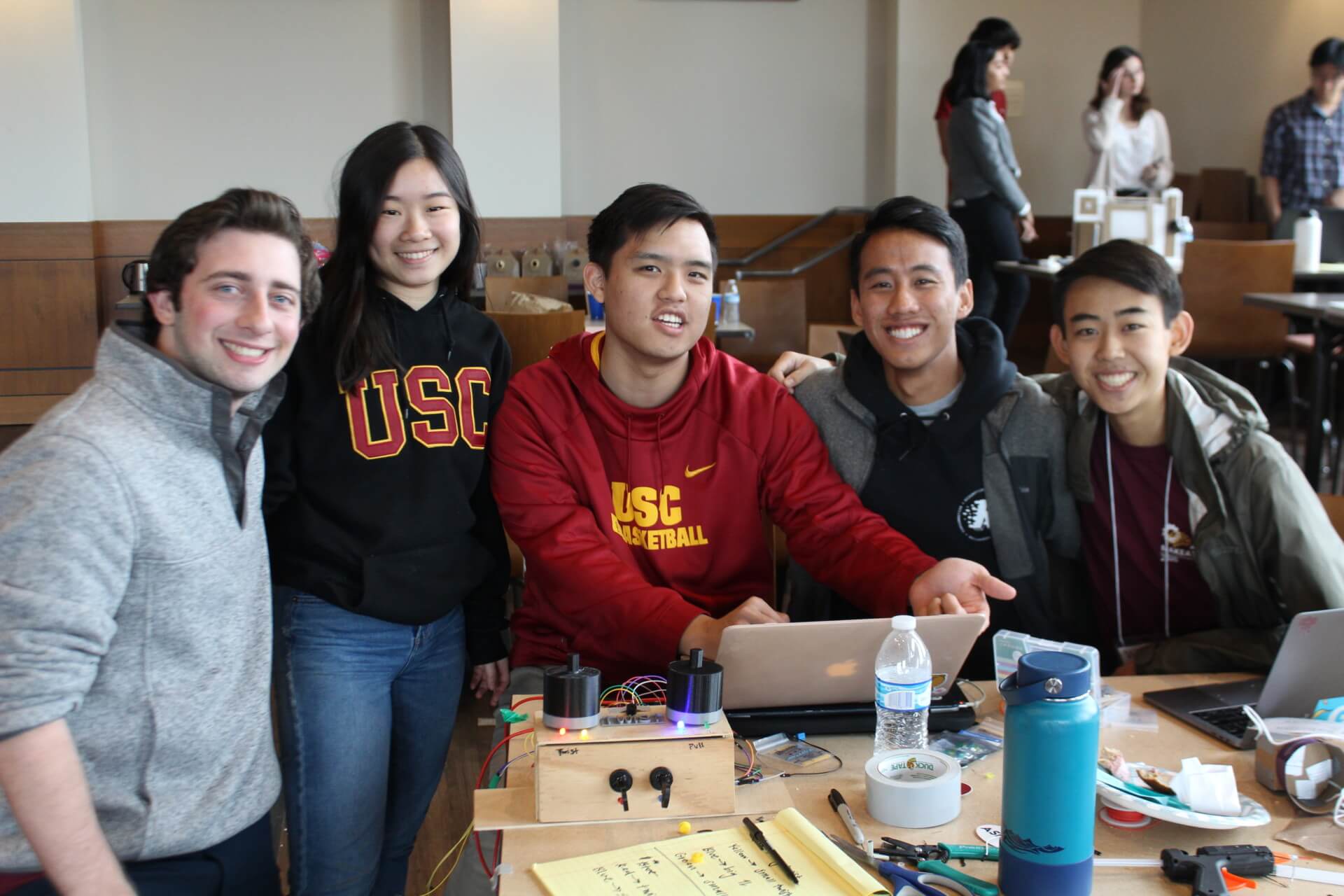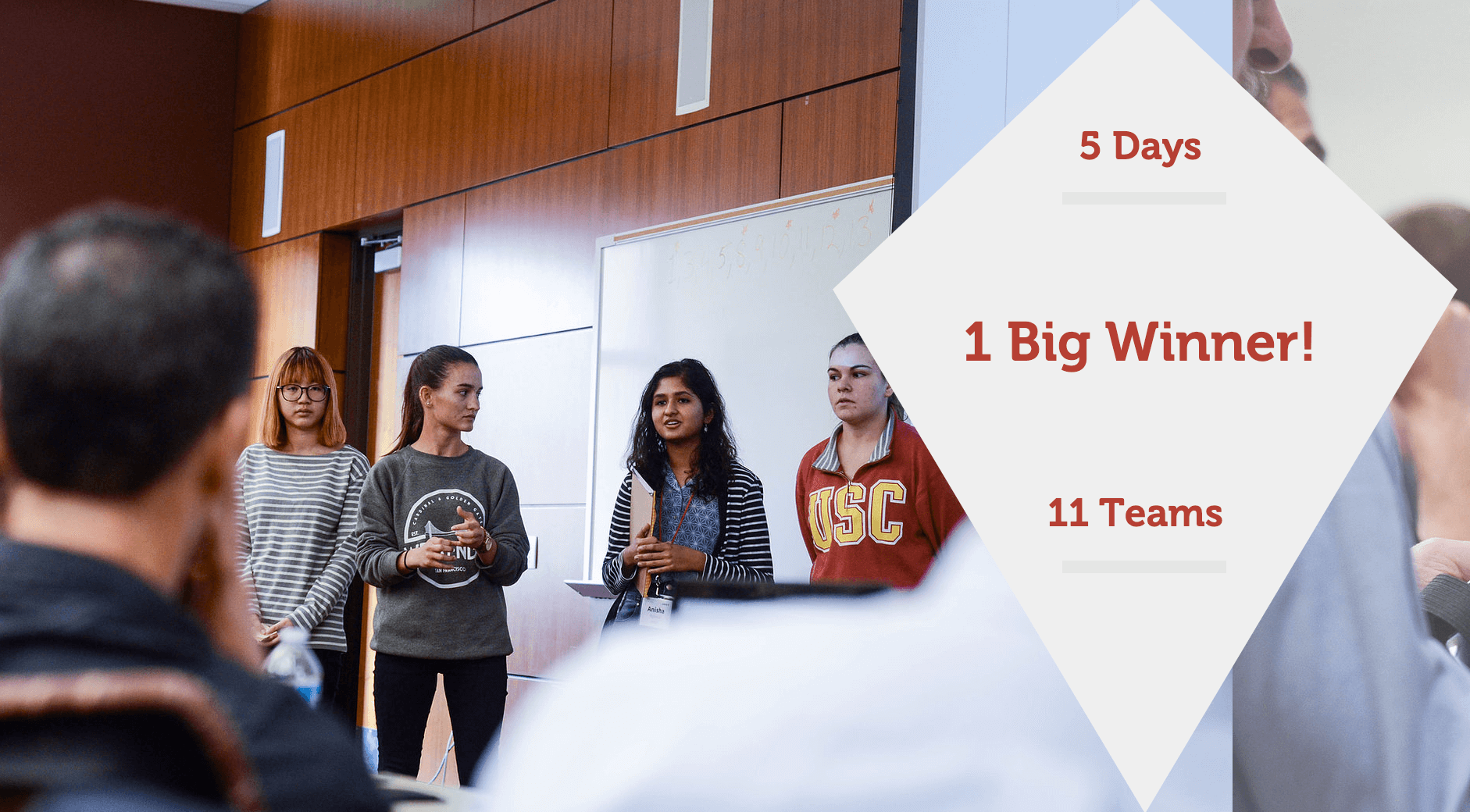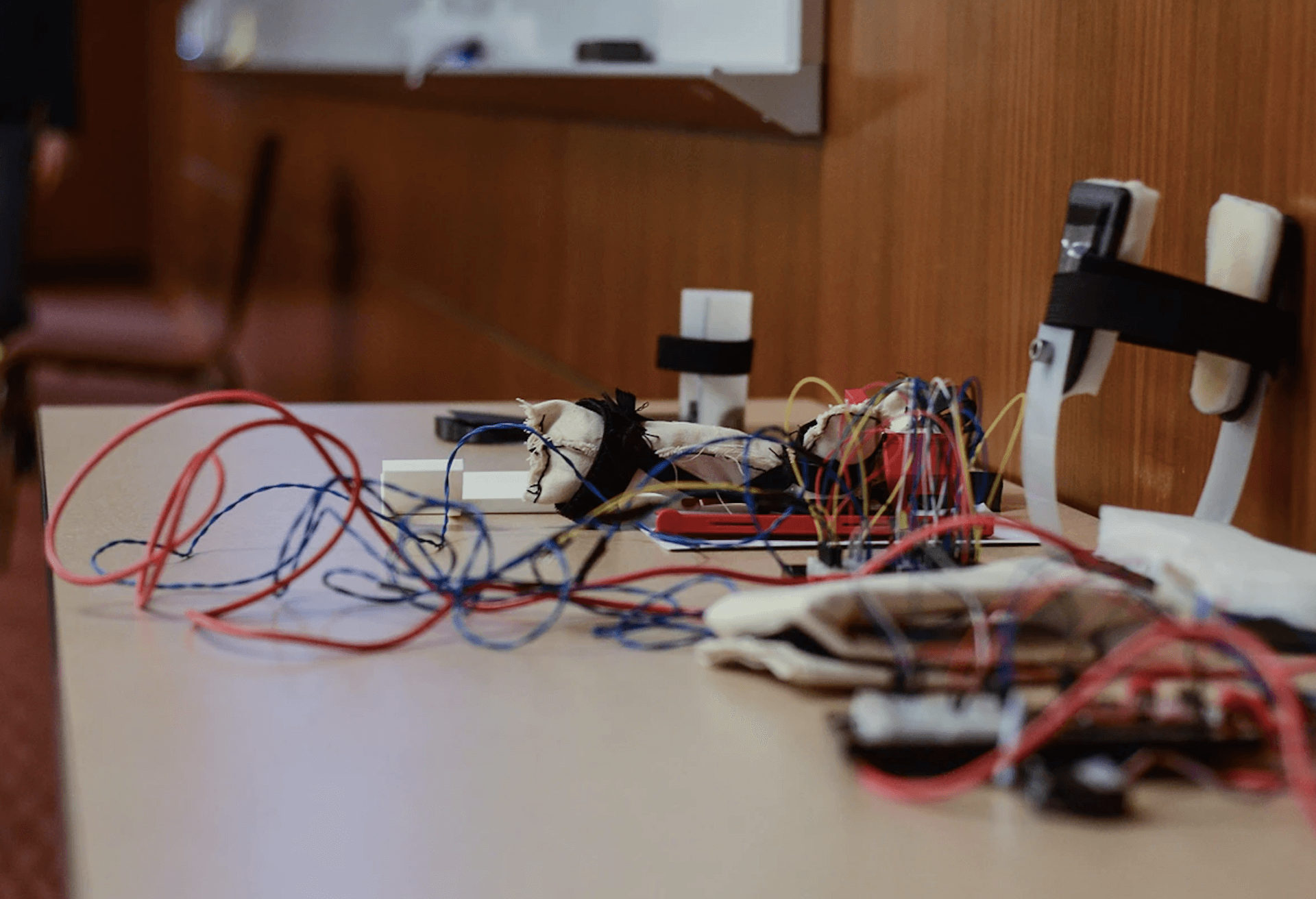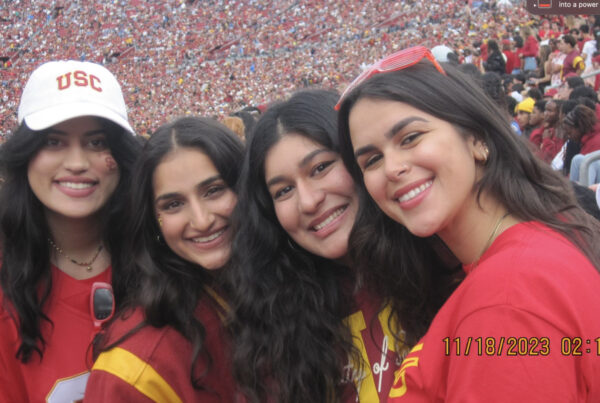The Associated Students of Biomedical Engineering (ASBME), a student organization in Viterbi, hosts an undergraduate medical device design competition called the Makeathon every February. The objective of Makeathon is to immerse students in an environment that simulates biomedical engineering in the real-world. As president of ASBME this year, I led a committee of 11 ASBME members to plan the event. We started the planning process back in September of 2020 because we had to pivot the entire event to a virtual format, and we ended up making quite a bit of changes.
The Makeathon is, in essence, a hackathon for designers instead of coders. Teams of four to five students brainstorm, design, and prototype a device under time, material, and functional constraints to solve a real-world health challenge. In the past, the competition took place over 30 hours (one weekend). With the virtual format this year, we extended the competition to take place over five days – Wednesday to Sunday – to reduce the time participants had to spend on Zoom each day.

To craft the design challenge, we partnered with Engineering World Health, an organization that inspires and educates biomedical engineers from more developed parts of the world to use their engineering skills to improve health globally. The challenge is to
design a device that improves upon one or more aspects of the oxygen delivery pipeline for patients in low-resource clinical settings. This could include the collection, transportation, or administration of high concentration oxygen.
In previous years, the design challenge was much more specific and outlined the problem that teams had to solve. This year, students must identify the problem in the oxygen delivery pipeline in low-resource settings that that they would like to tackle and build computer-aided designs (CAD). Throughout the competition, they have access to mentors who can guide them through the design process and assist them with CAD and other technical skills. For the first time, we have introduced some entrepreneurial components: Professor Nicholas Wettels is hosting a workshop on how to give an effective pitch and the procedures for manufacturing and commercializing a device. With ~$8,000 in funding from BMES and Genentech, we are also giving students the option to do some basic prototyping through the purchase of materials with VISA gift cards and Arduino kits that were sent out before the competition.

Teams prepare a final presentation to be delivered live to a panel of judges composed of professors and professionals in the biomedical industry. This presentation covers the problem or need for the device, design motivations, device functionality, manufacturing and cost, and impact on the field and customers’ lives. We are especially excited to have Kwame Ulmer, a venture capitalist with experience evaluating medical technologies at the FDA, as one of the judges. Based on the final presentations, there will be a first, second, and third place team.
Though Viterbi biomedical engineering students are the target demographic for this competition, undergraduates from other fields as well as students from UCLA, UC Riverside, and UC Davis are participating. Our hope is that students walk away from the event with a deeper understanding of what it means to be an engineer in the biomedical field and the impact that they can make on patient lives.

Learn more at our website: uscmakeathon.com




